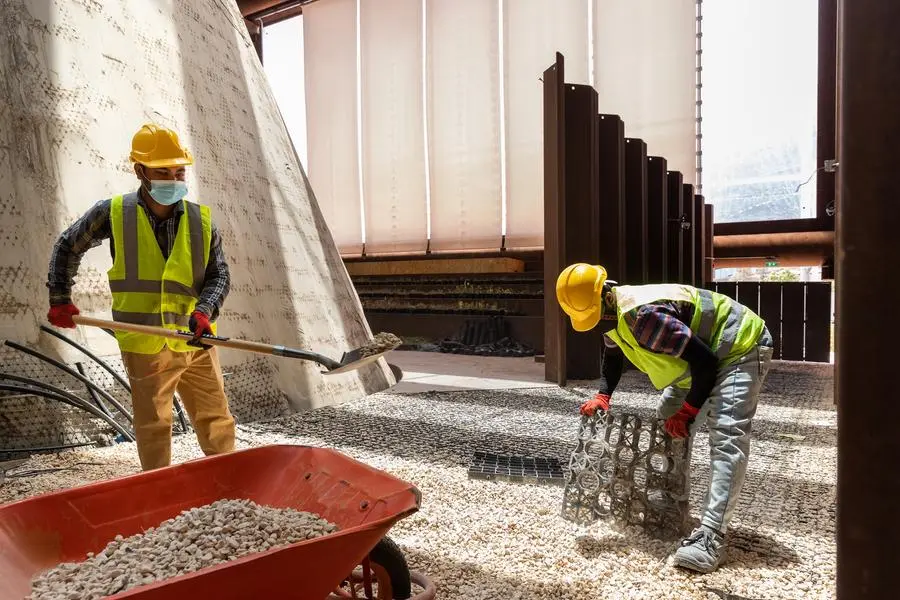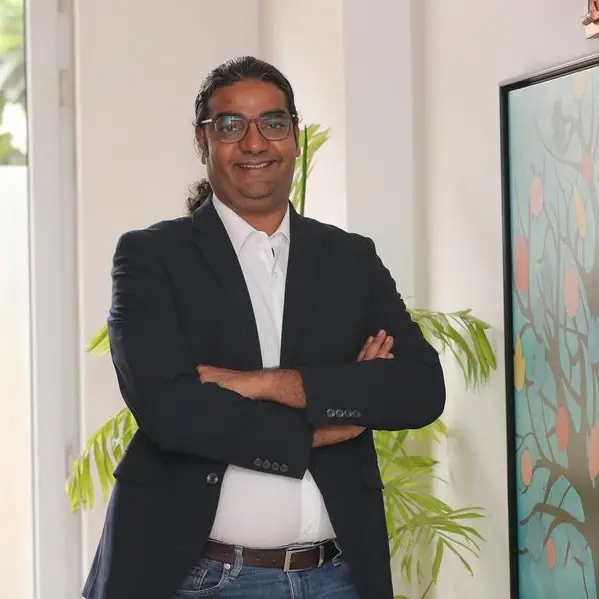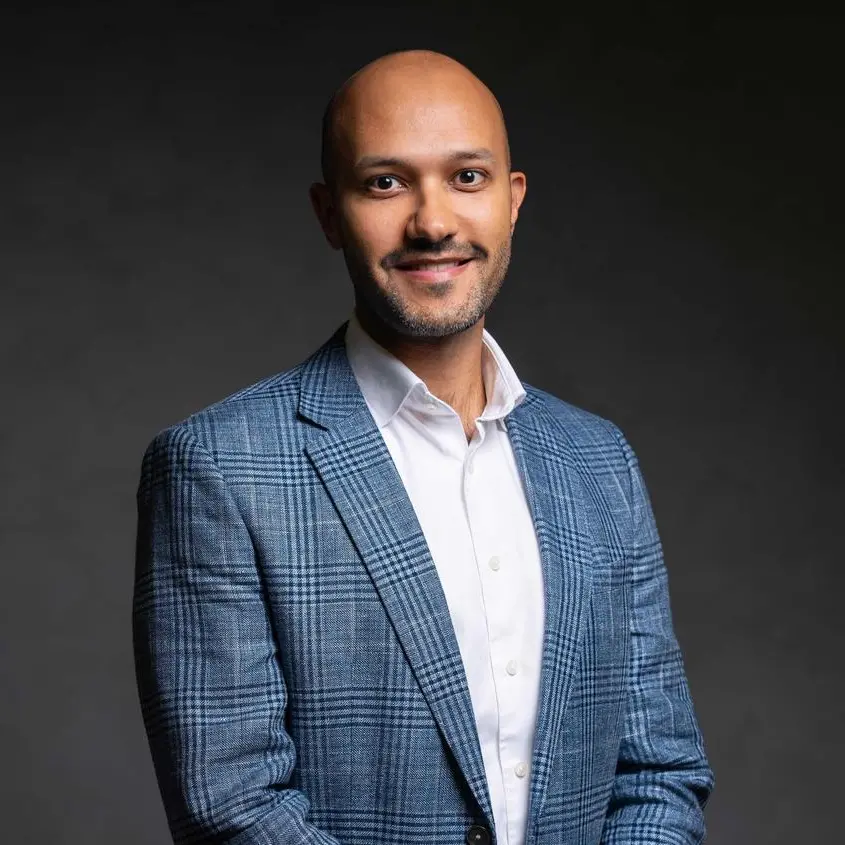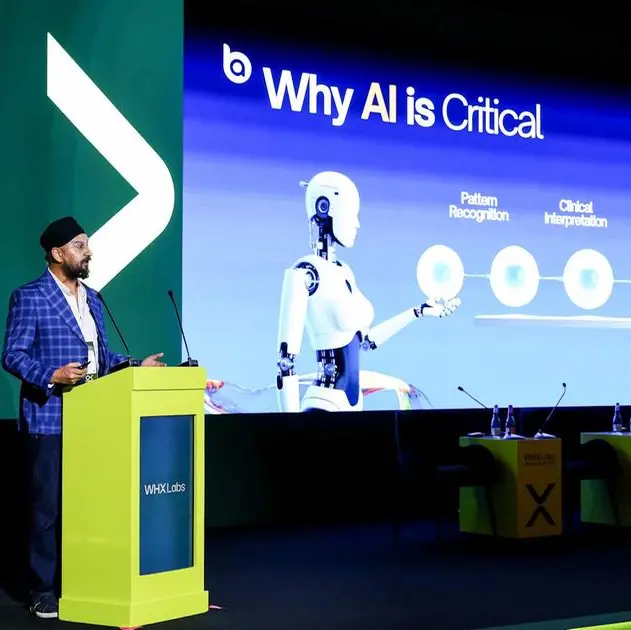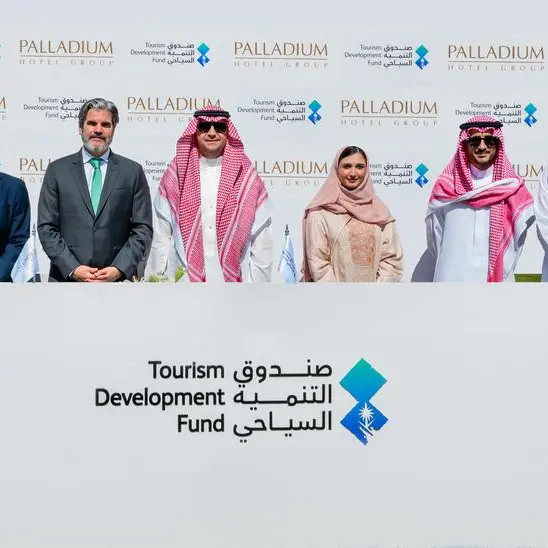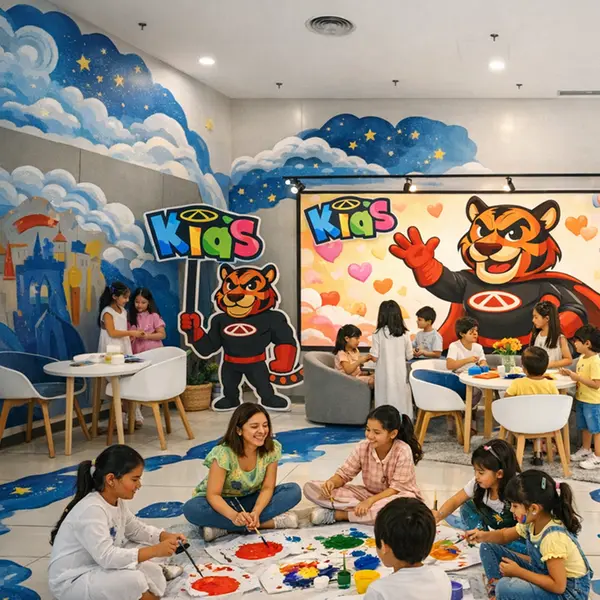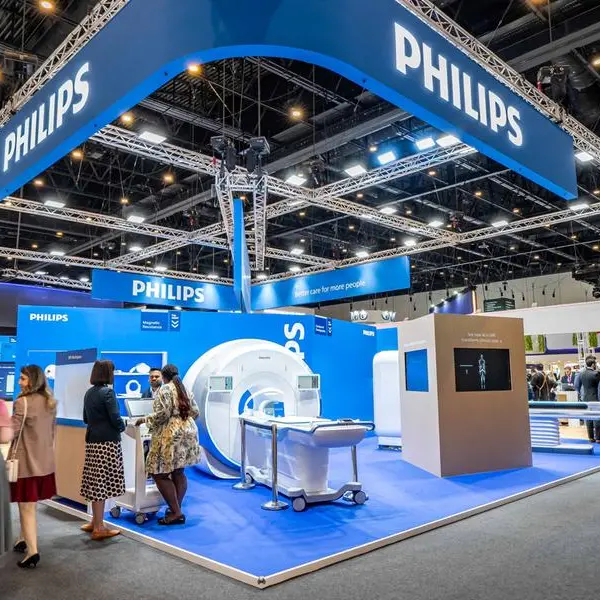PHOTO
Dubai: The Netherlands Pavilion at Expo 2020 Dubai closed its doors earlier last month, and is one of the few pavilions that is being dismantled using fully sustainable methods. All the materials used to build the pavilion were either leased or are reusable, recyclable and biodegradable, and will be used for future construction projects in the UAE. Witteveen+Bos was responsible for the structural design, the indoor climate system, the building physics and the sustainable aspects of the pavilion. Witteveen+Bos was part of a consortium of four companies who designed and built the Netherlands Pavilion, which included Expomobilia (Construction), V8 Architects (Architecture) and Kossmandejong (Visitor Experience).
The Netherlands Pavilion was built with sustainability in mind, being a temporary structure only designed to be standing for six months. Raw and recyclable materials were purposefully chosen when constructing the Netherlands Pavilion, and Maarten Veerman, Project Manager at Witteveen+Bos for the Netherlands Pavilion, explains how “The pavilion was designed with circularity in mind. This is reflected in the choice of materials used for all components, including structural elements. Our team worked with a structure of steel sheet piles and steel tubes, as those materials are widely available and known for their reusability. Sheet piles are often used in temporary structures and many companies rent them out, contributing to the project’s fully sustainable nature”.
The sheet piles and steel tubes that were used for the construction of the pavilion will be taken back to Meever and Meever, a Dutch company who specialise in civil structures in the UAE. The sheet piles and steel tubes, which reach up to 18 meters long, will be used for new construction projects in the UAE. Since the Netherlands Pavilion is built without the use of any concrete, not even for the foundations, the plot will be left as it was originally found in 2018, as a natural and empty piece of desert land. In 2018, desert sand was extracted from the excavation plot and used for filling the double sheet piles, whilst also serving as a temporary insulation material. The sand will be used to fill the plot again after the dismantling is complete. Inflatable ETFE material was used on the façade of the pavilion, which will be sent back to Taiyo in the UAE for partial reuse and recycling. The steel cables of the minimized rear structure of the façade will also be reused.
The floor of the Netherlands Pavilion is made from local sand and gravel from the desert. The prefabricated pavement mats were rented to stabilise the floor, and by simply lifting these elements, the floor can be dismantled. The mats will all be returned to their supplier, and will be used for new temporary pavements in Dubai.
The white silos at the lounge of the Netherlands Pavilion contain the mushroom nursery, and are specially designed using local standard pipes. The pipes have been kept intact and can be easily dismantled, and will be given back to the local building industry to be used in the future. The mushroom nursery will be taken over by a local entrepreneur in Dubai, to continue with the production of mushrooms and mycelium products. By doing so, valuable knowledge is shared and it facilitates the process of creating a biobased future.
The 9,300 partly edible plants and herbs covering the central green cone inside the pavilion will be returned to the local supplier, and will be turned into compost. The compost will serve as food for other plants. Likewise, the mycelium panels used for the walls inside the vertical farm, and on the floor of the business lounge, will be made into compost and returned back to nature. The irrigation systems used for the construction of the vertical farm within the Netherlands Pavilion will be dismantled and reused for a local greenhouse. Due to the construction of the cone-shaped vertical farm, the long lengths of hoses can be reused effectively. The waterproof films and lead replacements will be taken back to Leadax for full recycling.
The SunGlacier water-making machine, which was used for the climate system in the pavilion, is now proven technology to harvest water from the air. Engineered to fit inside a shipping container, the water maker will be shipped to the Netherlands. There, the technology will be further optimized for a new project to create water out of air. The biobased curtains and canopy from Buro Belen are made from corn starch that was turned into biopolymer textile fibres, and coloured with the oxides of the steel structure. Various options are being explored for the curtains to be exhibited in Dubai, or shown at the Floriade in Almere, the Netherlands, for the agricultural world expo. Lastly, the solar panels on the roof of the pavilion were installed to provide the pavilion with renewable energy. The first batch of PV panels were rented locally and are now being installed elsewhere in the UAE. The second batch are specifically designed organic and transparent PV foils, created by Marjan van Aubel Studio. Talks with various parties are underway to explore the possibilities for a new application of the organic solar panels.
Designed as a biotope, the Netherlands Pavilion was built as a circular climate system that brings together innovative Dutch solutions uniting water, energy and food. The temporary climate system worked by extracting water from the air and energy from the sun, allowing approximately 9,300 edible plants - such as tomato, basil, mint and asparagus - to grow.
Expo 2020 Dubai ran from 1st October 2021 - 31st March 2022, and was a great opportunity to show the world how sustainable living can easily become intertwined with every day life.
-Ends-
This press release was sent out by:
Sarah Morris, Witteveen+Bos Communications Department
sarah.morris@witteveenbos.com
About Witteveen+Bos
Witteveen+Bos provides consulting and engineering services in the fields of water, infrastructure, the environment and construction. With more than 1,400 employees, the firm focuses primarily on complex projects requiring advanced knowledge and an integrated approach. The multi-disciplinary approach, which involves intensive co-operation between specialists in different disciplines, is a key element of the way we work. Witteveen+Bos is characterised by its expertise, reliability and commitment. Witteveen+Bos has a unique ownership structure, with the shares wholly owned by its staff. Our clients are government agencies, private companies and alliances. They are served from the head office in Deventer, seven other Dutch offices, and foreign offices in Belgium, Dubai, Ghana, Indonesia, Kazakhstan, Latvia, Panama, Singapore, the United Kingdom and Vietnam. The Dubai office opened in 2014 to serve markets in the Middle East, Central Asia and Africa, where Witteveen+Bos has been active for over 25 years. Witteveen+Bos is part of a consortium of companies selected to design and construct the Netherlands Pavilion at the Expo 2020 in Dubai. Witteveen+Bos was responsible for the integral engineering, building physics and sustainable aspects of the Netherlands Pavilion at Expo 2020 in Dubai, which was open from 1 October 2021-31 March 2022.
For more information, please visit our website: https://www.witteveenbos.com/united-arab-emirates/
Follow us on: www.instagram.com/witteveenbos.middleeast
